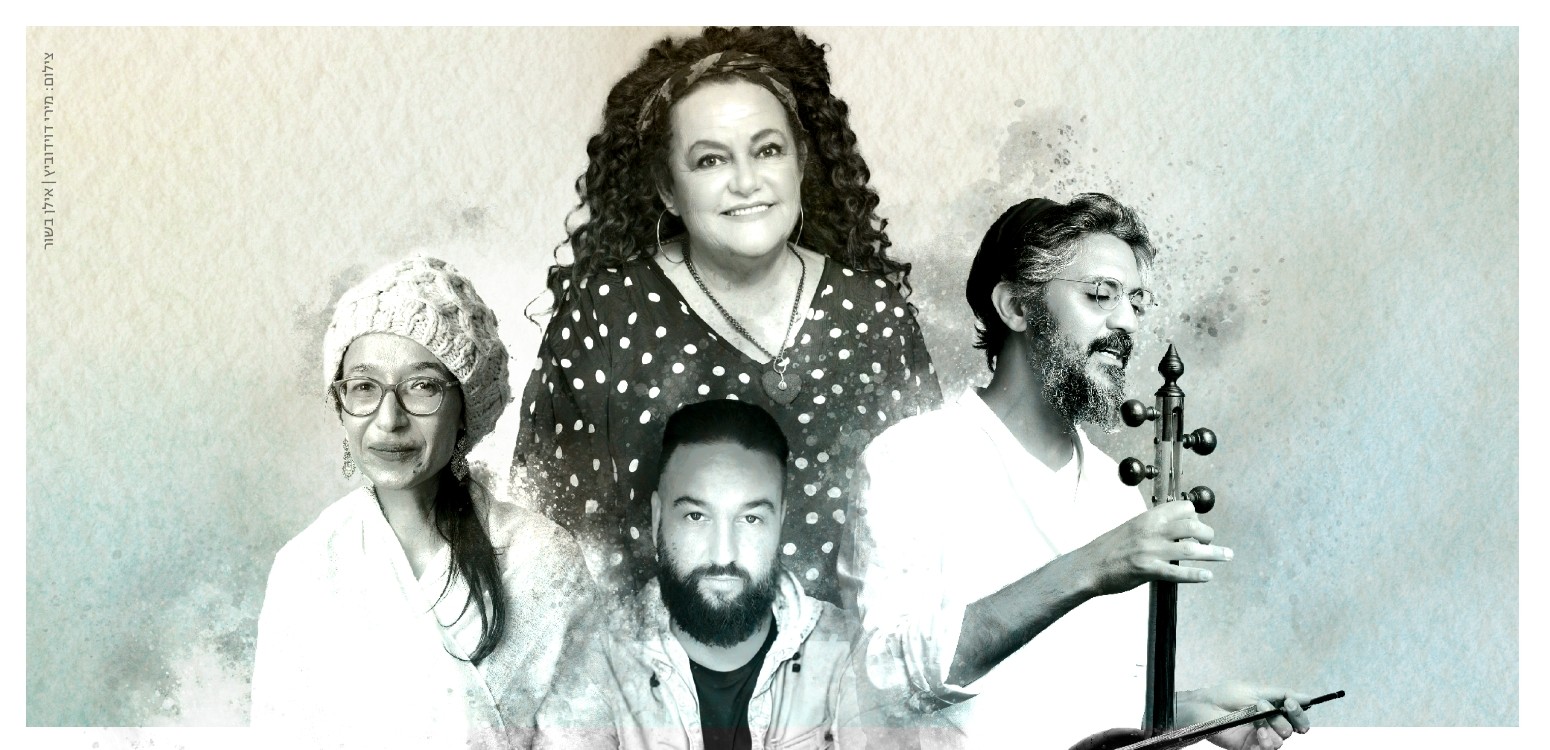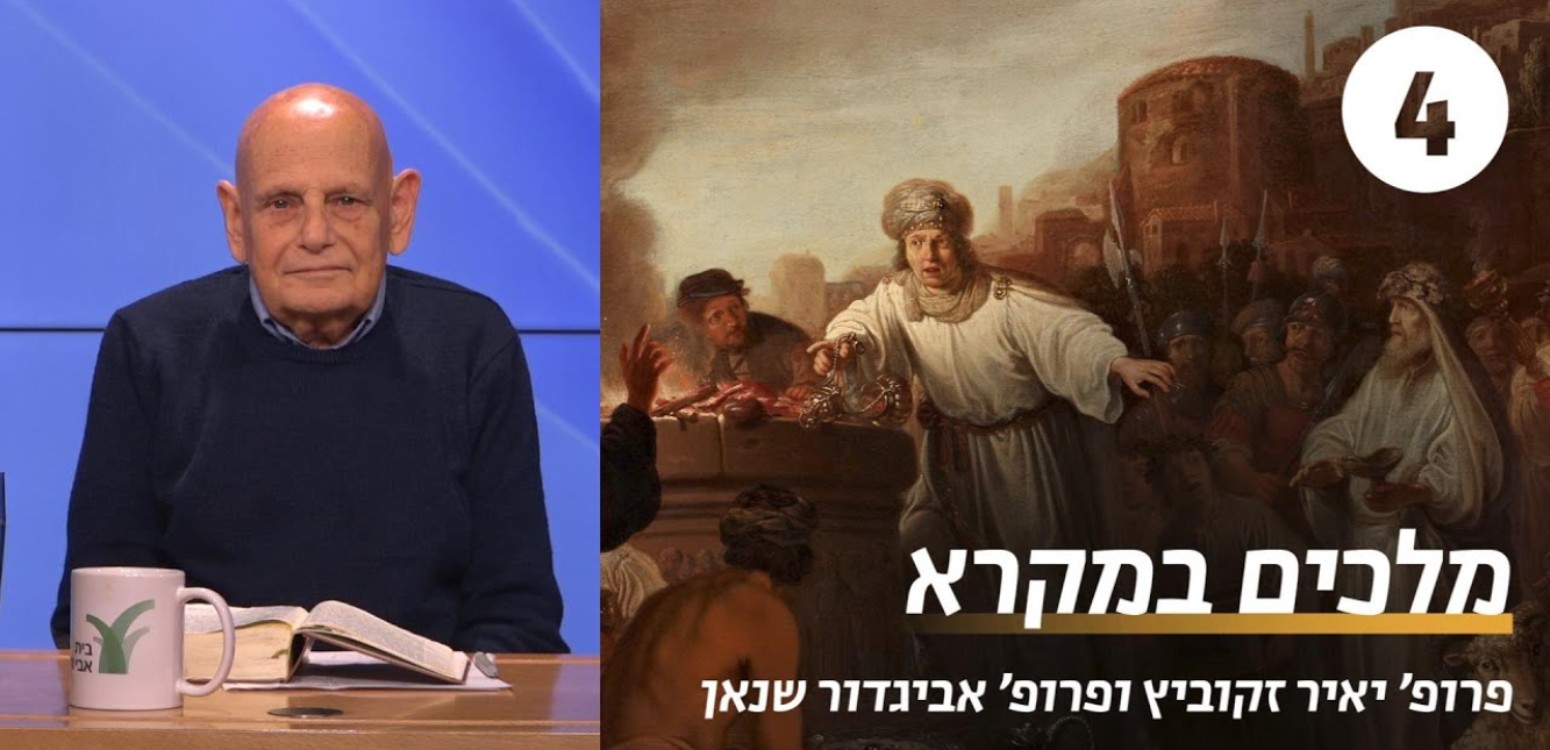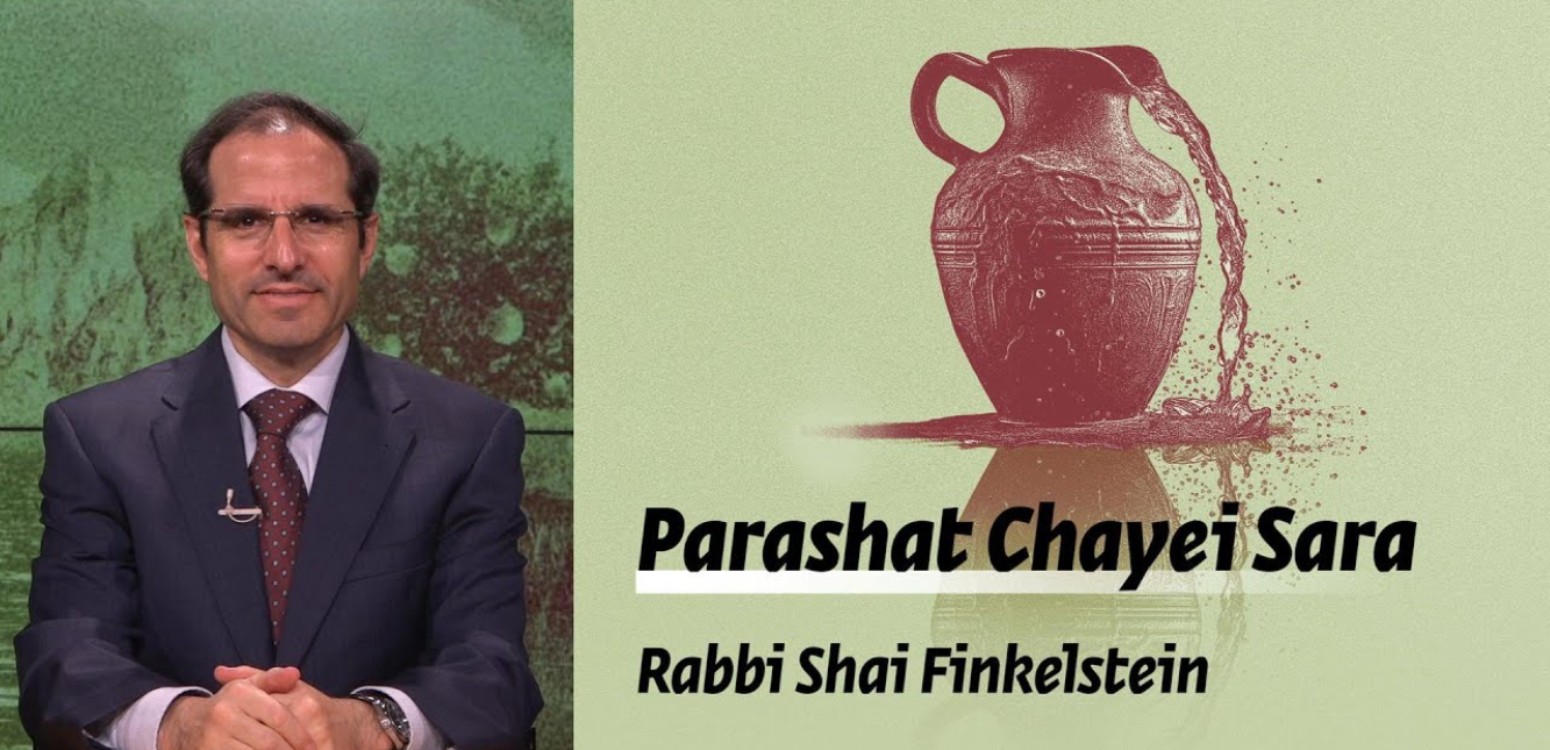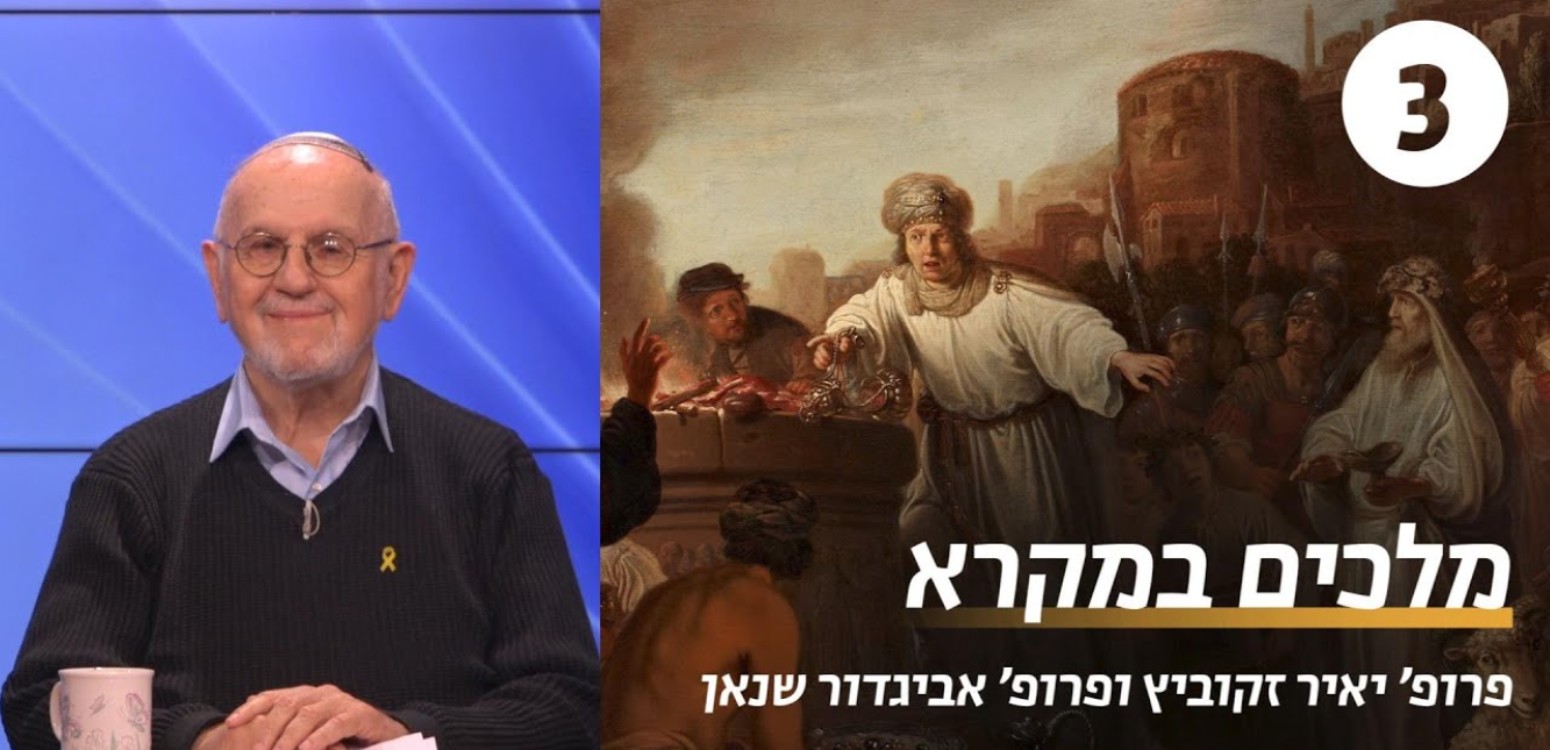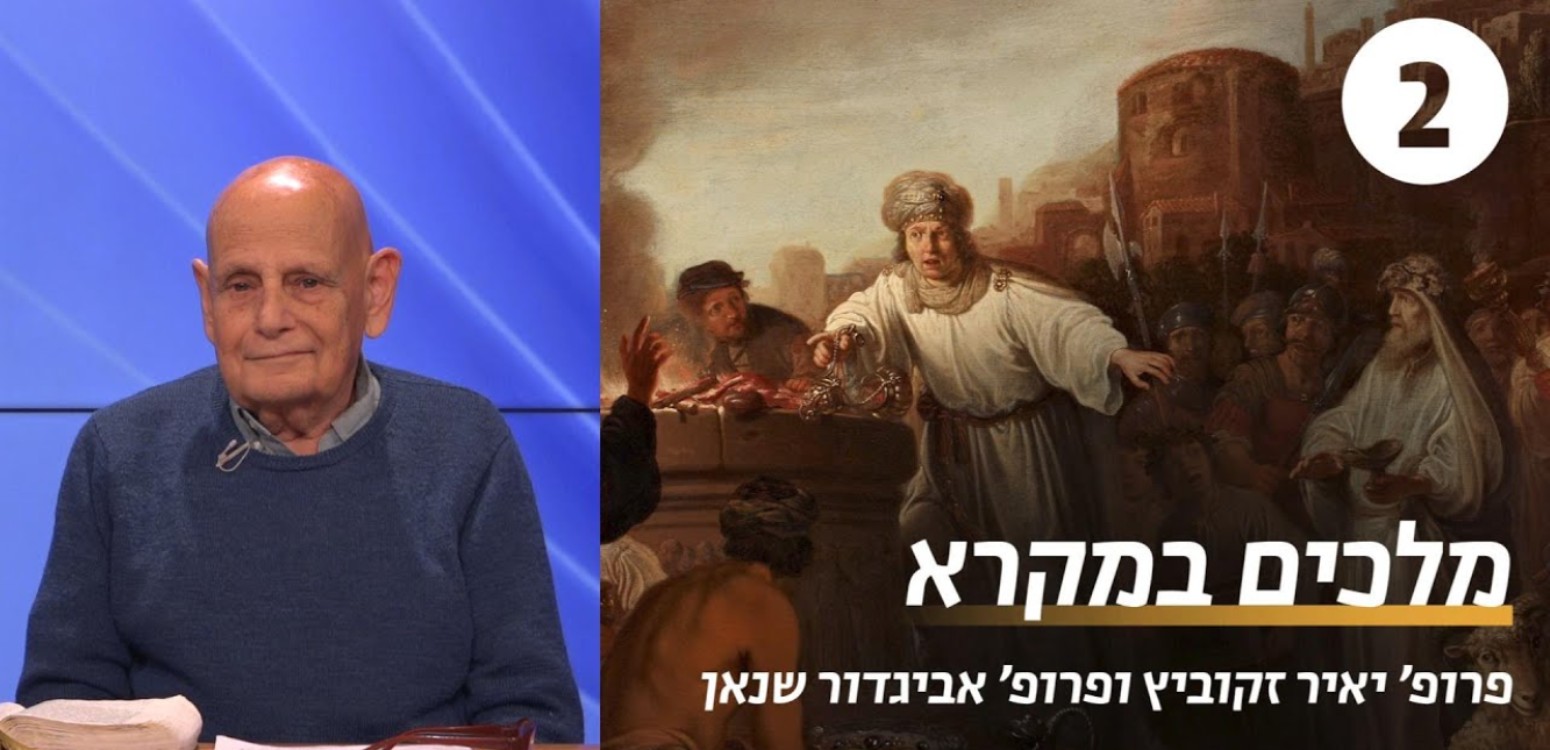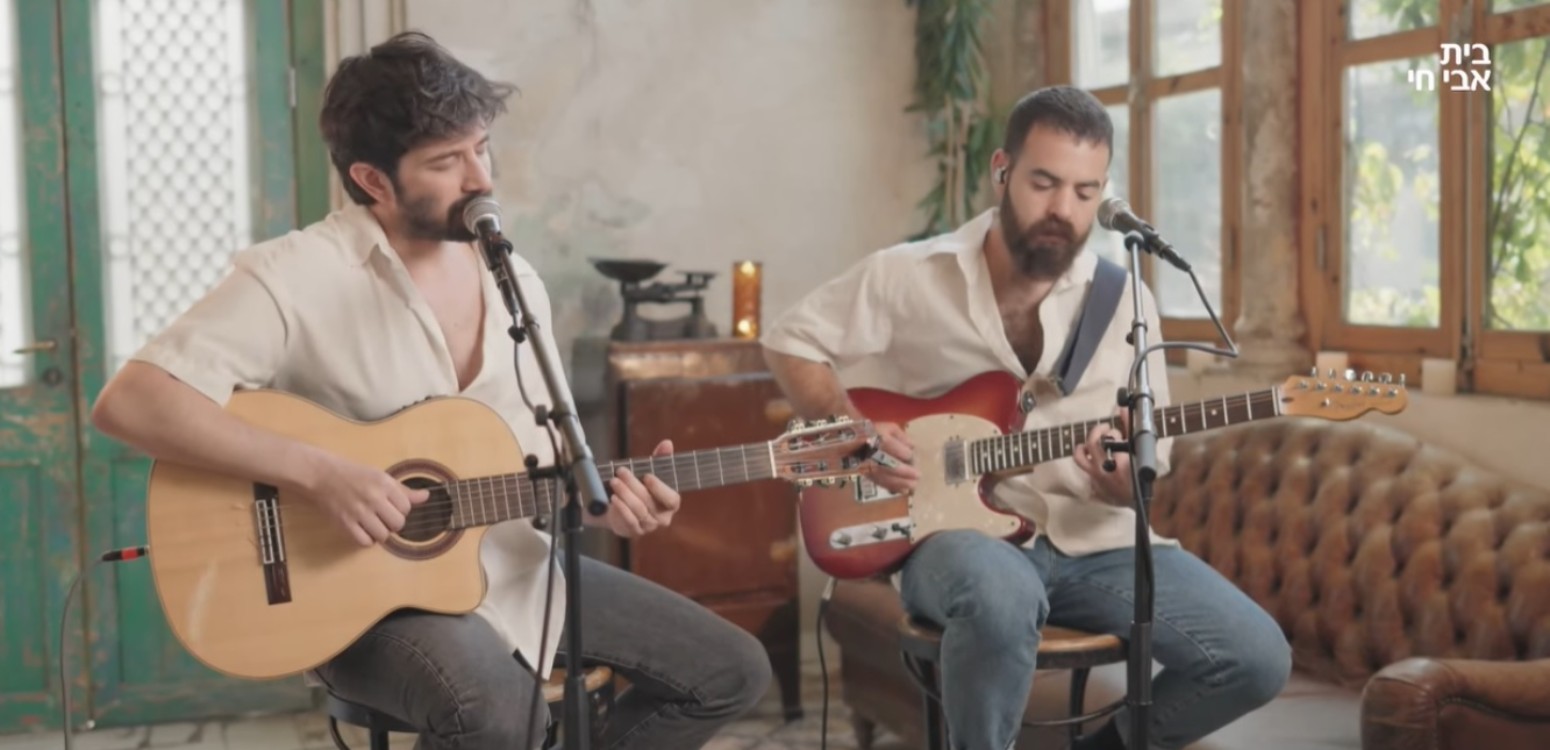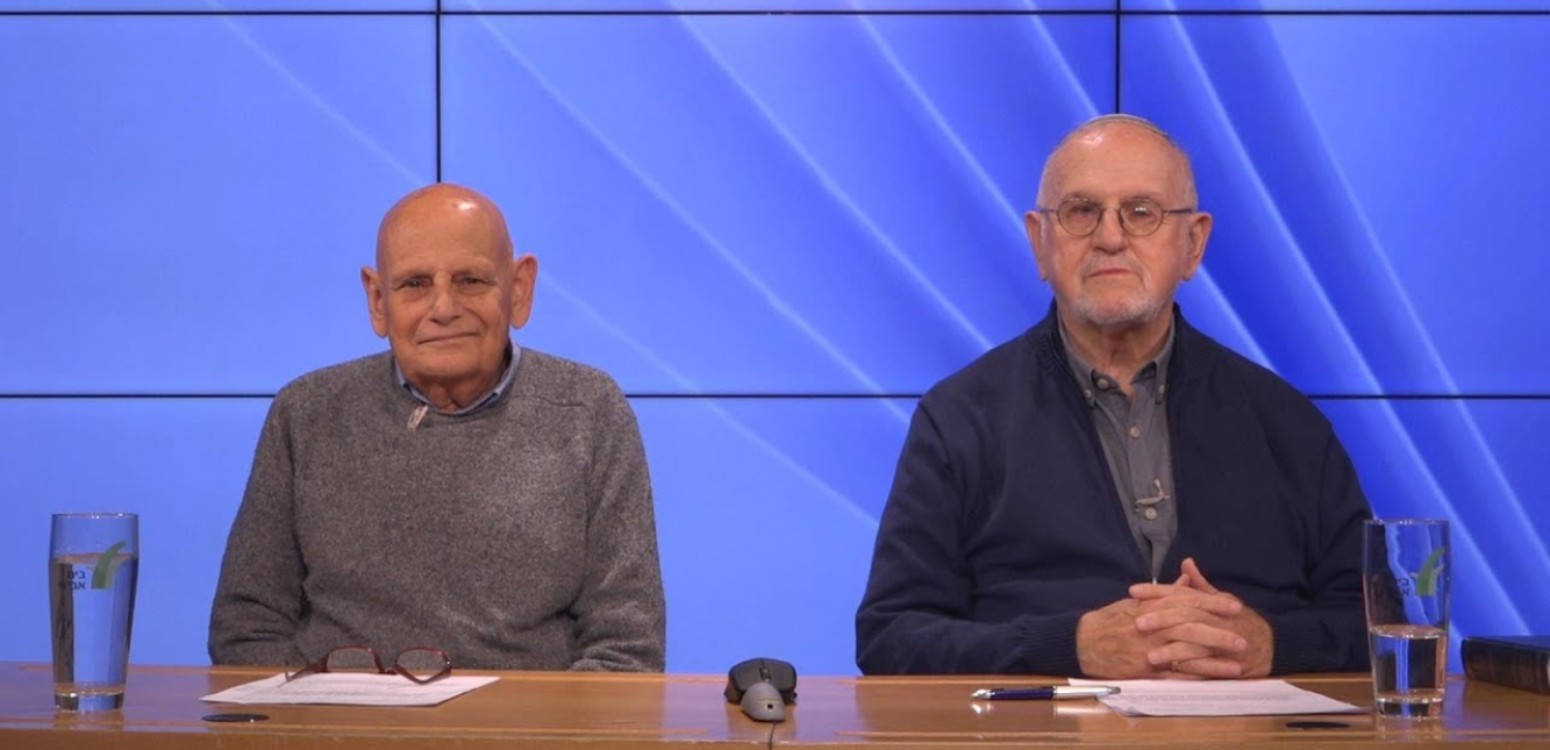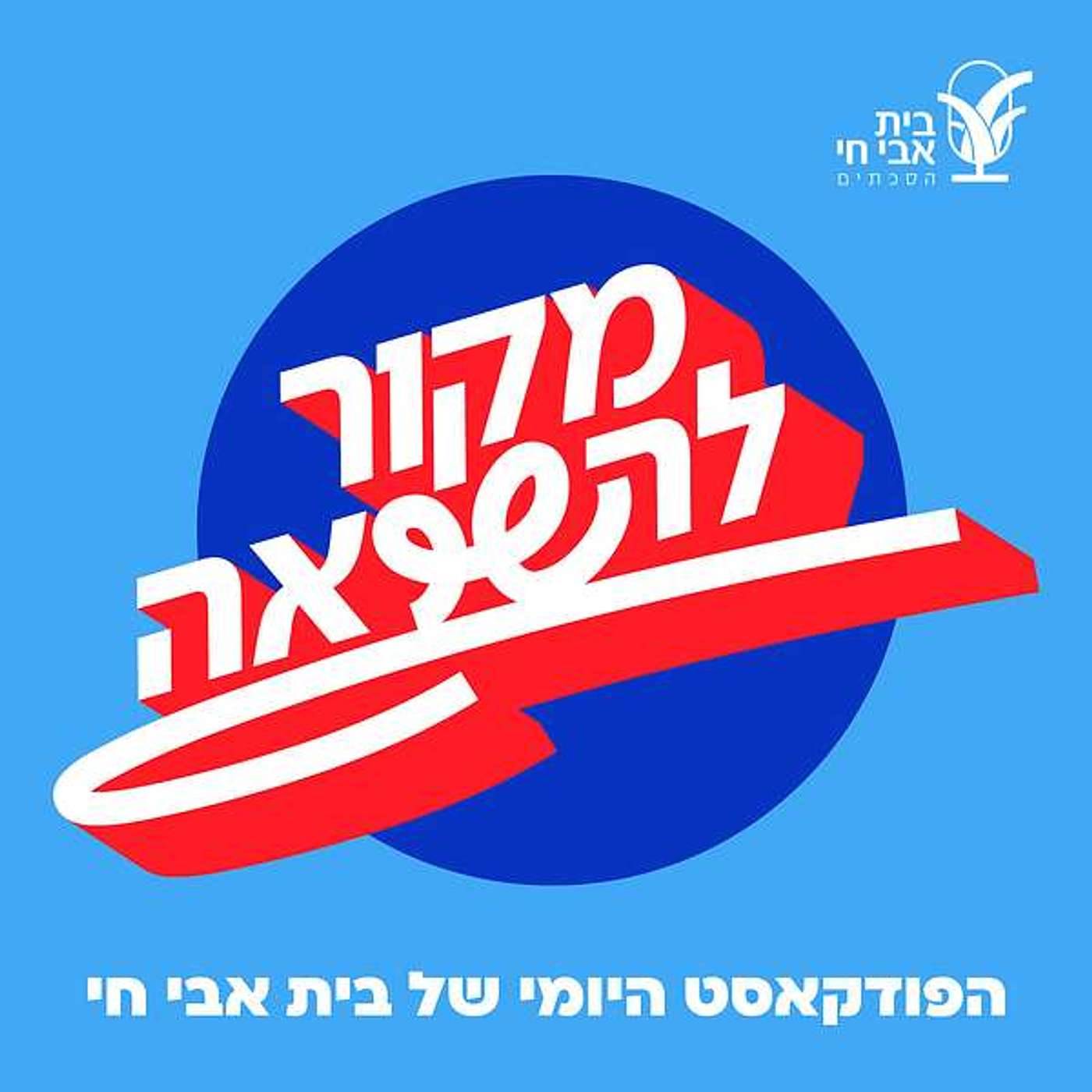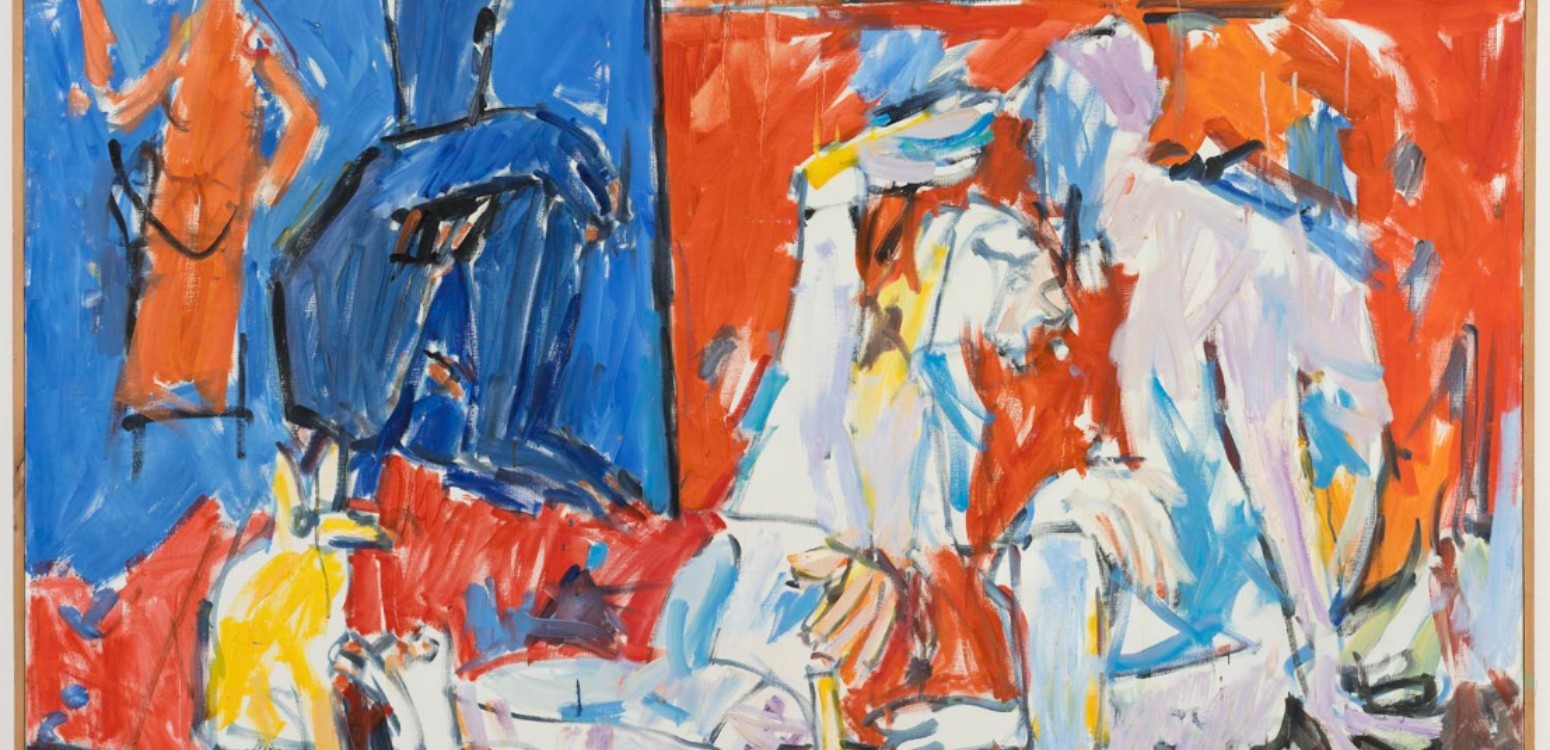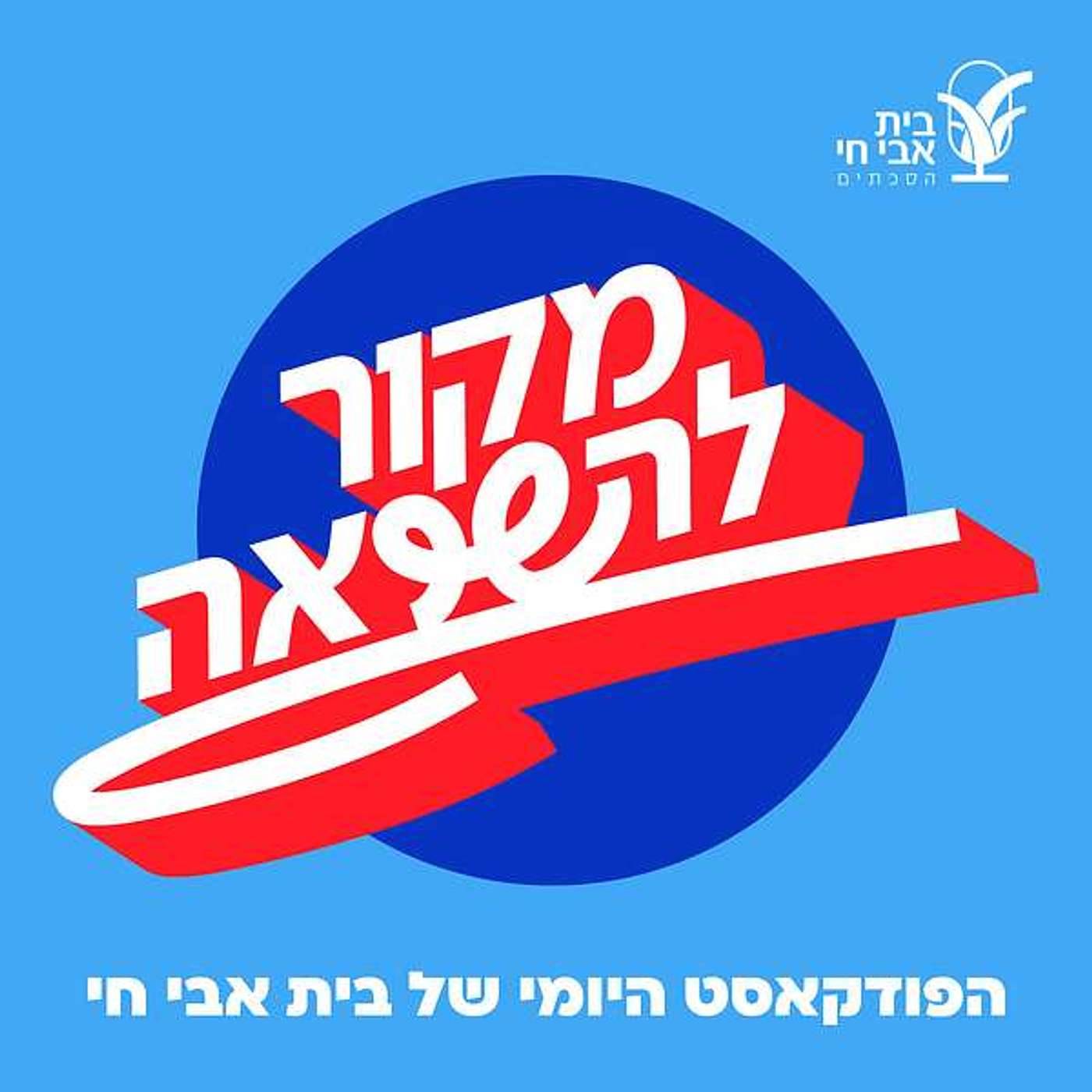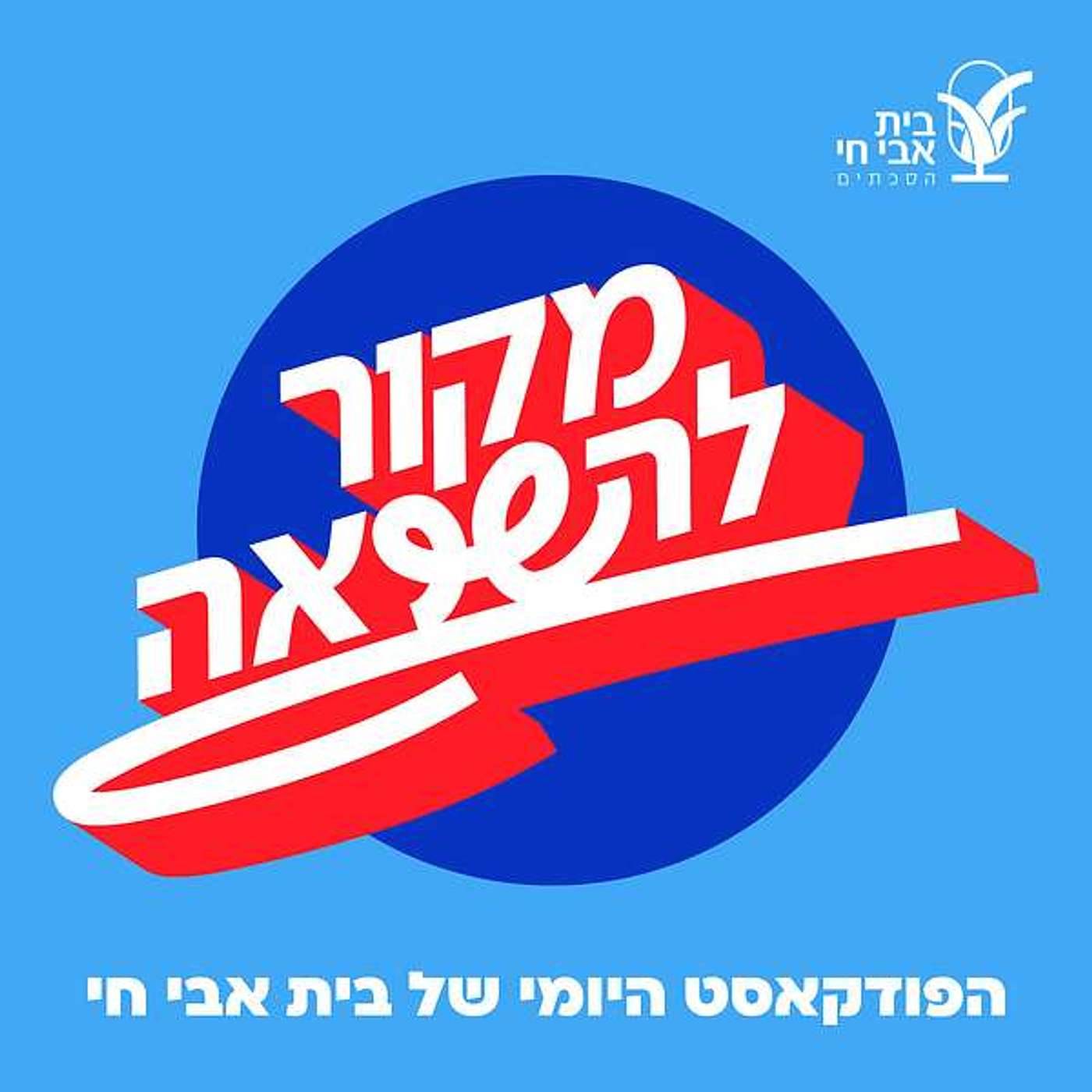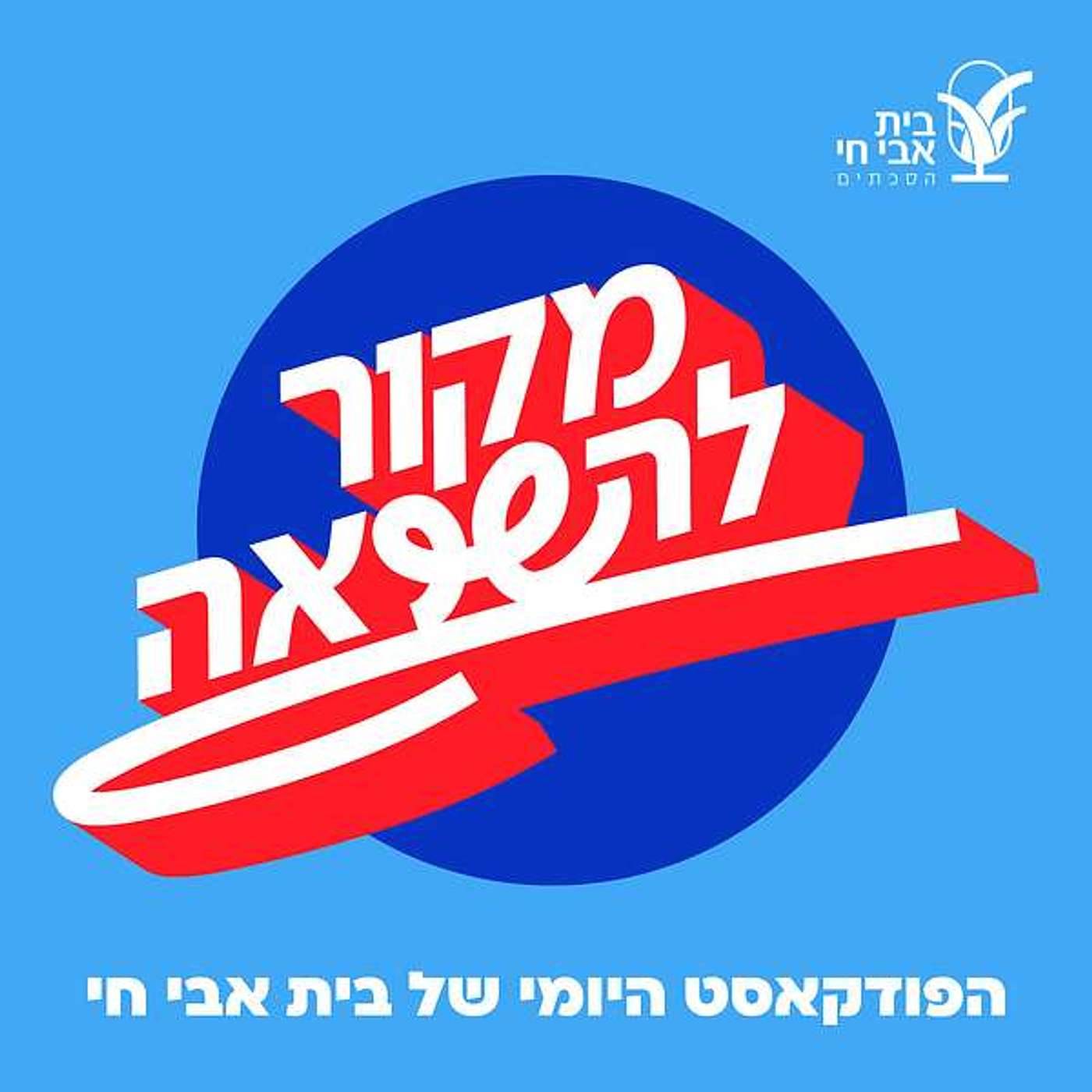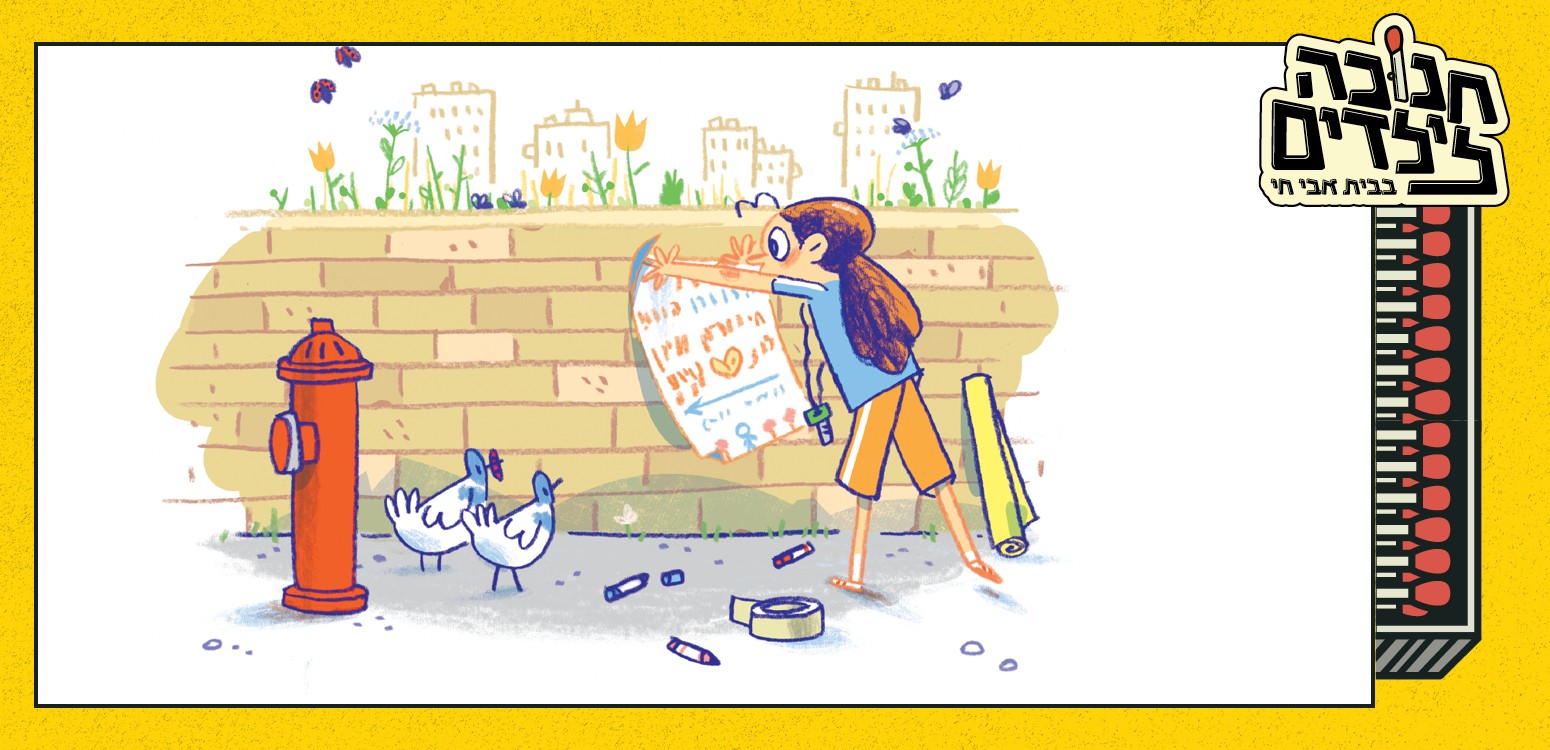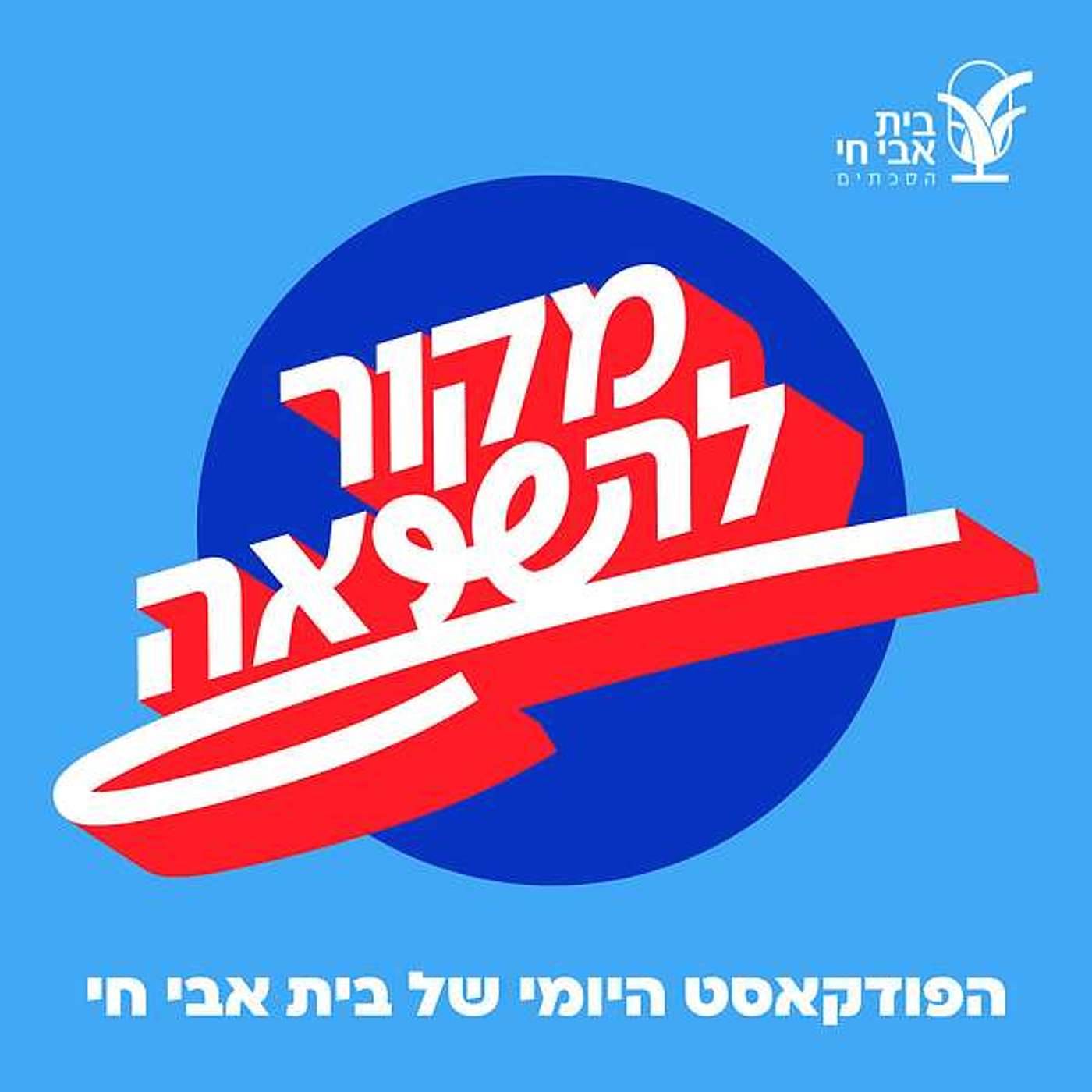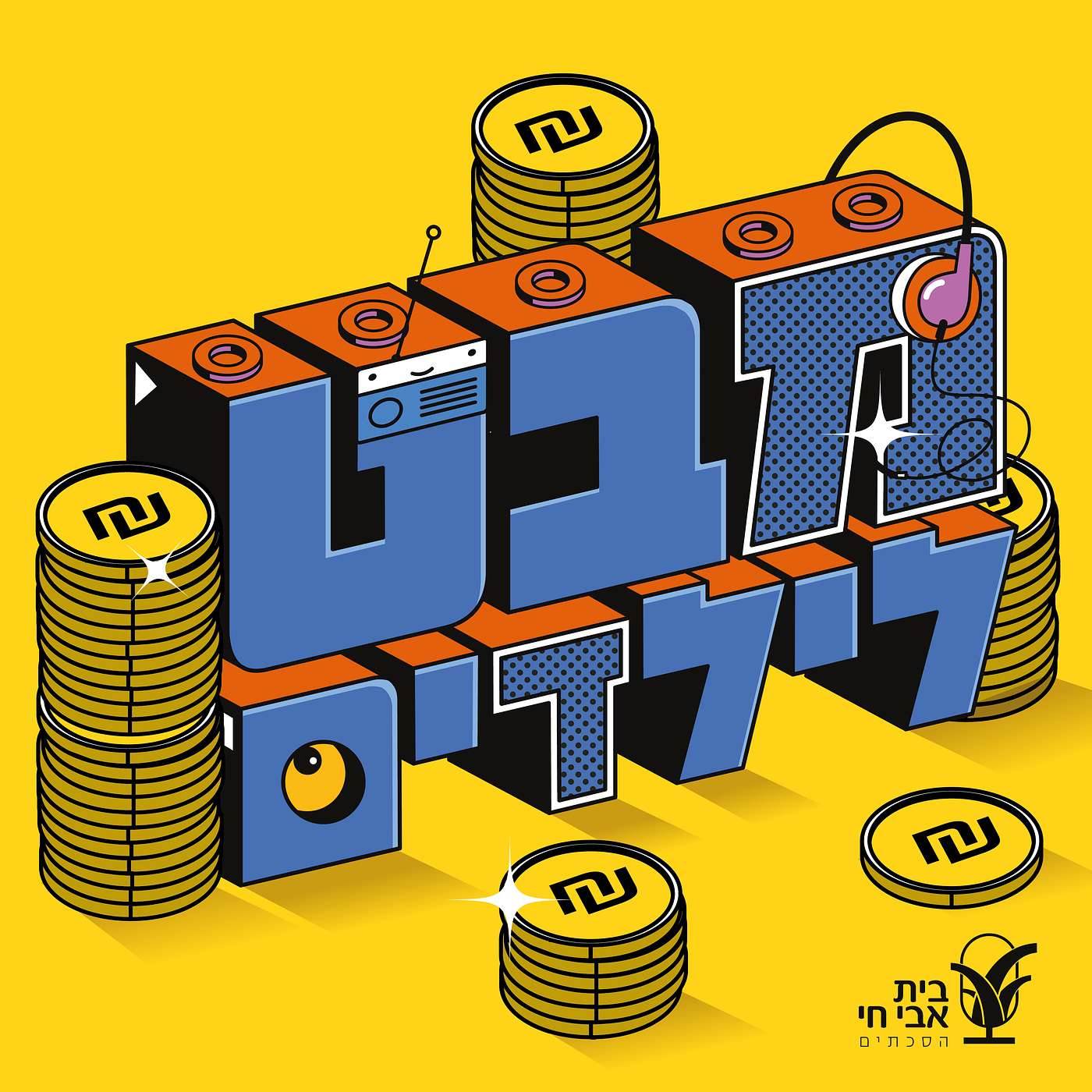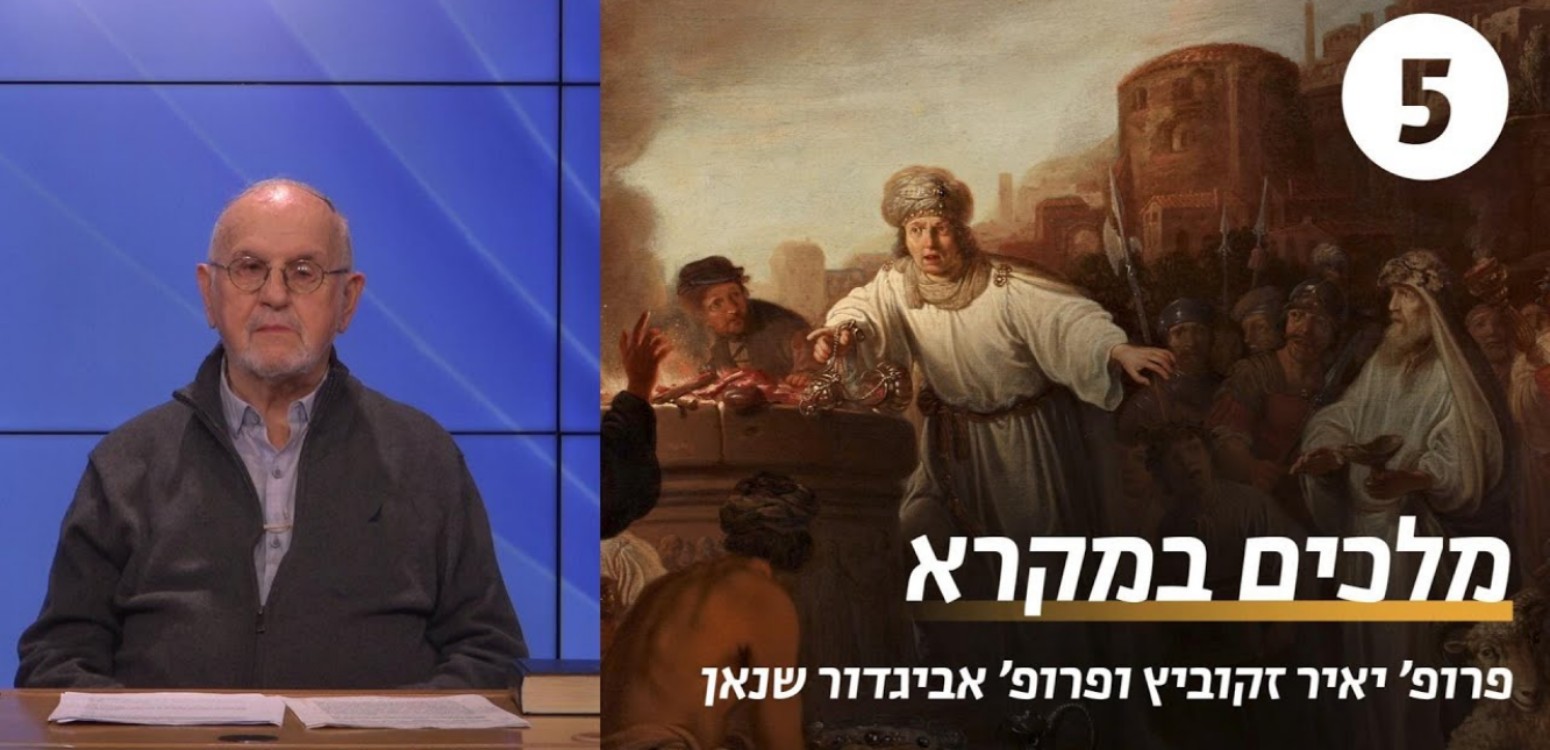
One Friday, Tsachi Itach’s mother tried calling him on his mobile. When he didn’t answer, she left a message with the song “To Give”, which was playing at that moment on the radio and which he loved. After his death, when they received his phone, they discovered that the song was recorded at exactly the time Tsachi was killed.
In memory of Sargent Tsachi Itach
Tsachi, the son of Yafit and Arye, older brother to Amos, Etti and Lihi, was born in Dimona in 1980. When he was six years old he started playing the electronic keyboard and reached a professional level. When he was in Grade 4, he came home from school to find that this parents were standing in the living room beside something large covered with a bedspread. When they took the cover off and a large box was opened, he found the electronic keyboard he had dreamed of.
In Grade 12, he produced a graduation party and he left behind about 450 playbacks and 18 recorded songs that he sang with his sister.
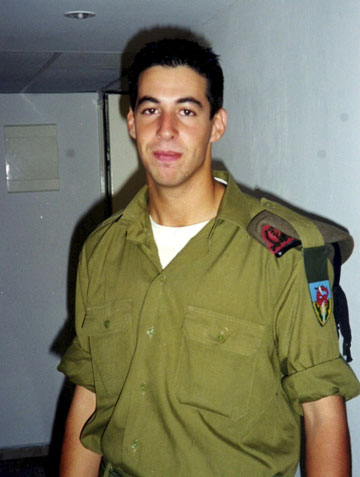 Tsachi Itach’s z"l |
Before being drafted into the IDF, Tsachi requested to serve in the unit established by his father – Palchan Givati. For him, this was coming full circle and he was very proud. In March 1999, he began his army service. “He had a sparkle in his eyes every time we would say the word Givati. On Fridays, he would have us stand up around the Shabbat table to sing the Givati anthem.”
As part of his training, he was deployed on the Lebanese front and his company was stationed in the Beaufort outpost in the eastern sector of the security zone in Southern Lebanon. He had brought his electronic keyboard to the outpost and played for his friends, even in the most difficult moments.
On Friday, the 5th of Adar A 5760 (February 11, 2000), a TOW anti-tank missile was fired at the position where Tsachi and his friend Roi Cohen were on guard duty. Tsachi was killed and Roi was wounded.
He was 19 years old when he fell. He left behind his parents, a brother, two sisters and Moran, his girlfriend. Tsachi did not complete his training course and thus had not received the pin of a combat soldier. At the funeral, his father awarded him with the pin and it was buried with him.
He wrote the following in a letter that was never sent and which was found in his notebook:
“Here, where I am – in the Beaufort outpost, life looks different. First of all, it is Lebanon. A quick summary. The weather here is very cold. You have to dress really warmly (especially at night). You wear a Hermonit, gloves, scarves, a balaclava. The views from the outpost are amazingly beautiful (the Litani River – a huge green valley behind the outpost). And the snowy mountain peaks that tower up opposite the guard position. The routine in the outpost is essentially one huge lack of routine, which is manifested in repeated soundings of the alarm and a constant lack of sleep. Apart from that, everything’s OK with me. I’m in good spirits, the guys are great, but I am becoming increasingly homesick.”
During the year of mourning, Tsachi’s parent got a telephone call from a resident of Kiryat Shmoneh. She told them that during his free time, before going up to the Beaufort outpost in Lebanon, Tsachi would play his electronic keyboard for the kids.
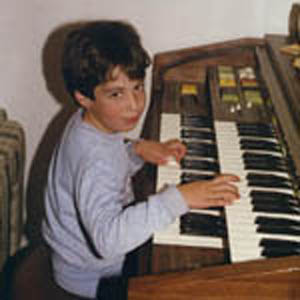 |
Inbal Ochayon, the artist:
Tsachi was an accomplished musician. His complex and rich performances of popular songs was a way of spreading joy. He even volunteered to cheer up people in their most difficult moments with his playing.
It was important for me to capture Tsachi’s great love for music which he had since childhood and to convey the role that music played in his relationship with those around him. The visual expression provided in the clip of the notes he is playing – sort of bubbles of joy – accompanies the character of Tsachi throughout the clip.
Just as music was at the center of many of the joyous moment in his life, it also offered a bit of consolation in the sad moments. Thus, after he was gone, Tsachi’s music continues to console and cheer up those who were close to him. The clip ends with Boaz Sharabi’s song “To Give”, which Tsachi particularly liked, and bubbles that continue to represent Tsachi’s music even after he fell in battle.
The soundtrack of the clip was created with great sensitivity by the composer Noam Ofir.
עוד בבית אבי חי

